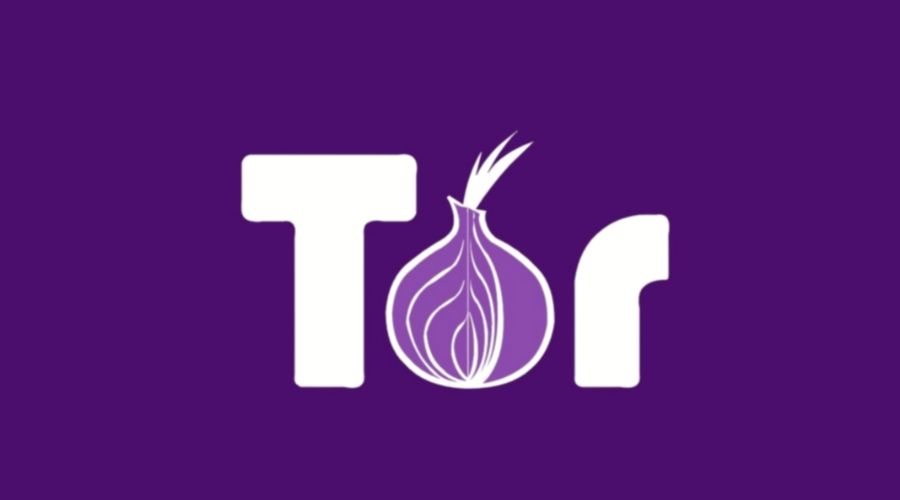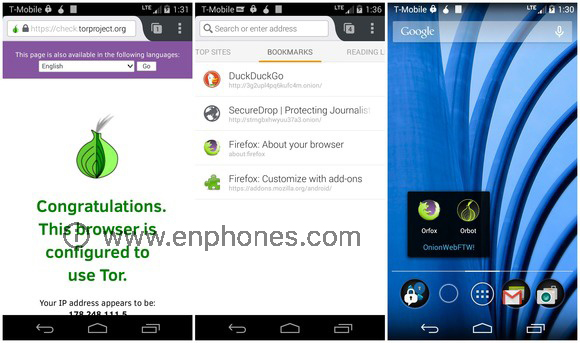

The issue has been present in the stable release since November 2020, and was reported “in mid January”, a Brave developer told The Daily Swig.Ī fix has since been issued and is available for download here. “Privacy my ass,” wrote Twitter user while other called the findings “appalling”. Security researcher James Kettle independently verified the Brave browser privacy issueĬonsidering that the Tor Browser was specifically built to hide a users’ internet browsing from their ISP, the news has provoked a vociferous response online.

onion addresses you visit to your DNS provider,” Kettle tweeted, providing a screenshot for evidence. “I just confirmed that yes, Brave browsers Tor mode appear to leak all the. With Brave, your ISP would know that you accessed somesketchyonionsite.onion.”įollowing the disclosure, well-known security researchers including PortSwigger Web Security’s James Kettle independently verified the issue using the Wireshark packet analysis tool. The blog post reads: “Your ISP or DNS provider will know that a request made to a specific Tor site was made by your IP.

onion sites using the Tor feature in Brave can be tracked – a direct contradiction to its purpose in the first place. onion websites, which are hosted on the dark net.Įarlier today (February 19), a blog post from ‘Rambler’ claimed that Brave was leaking DNS requests made in the Brave browser to a user’s ISP.ĭNS requests are unencrypted, meaning that any requests to access. UPDATED Brave, the privacy-focused web browser, is exposing users’ activity on Tor’s hidden servers – aka the ‘dark web’ – to their internet service providers, it has been confirmed.īrave is shipped with a built-in feature that integrates the Tor anonymity network into the browser, providing both security and privacy features that can help obscure a user’s activity on the web.


 0 kommentar(er)
0 kommentar(er)
